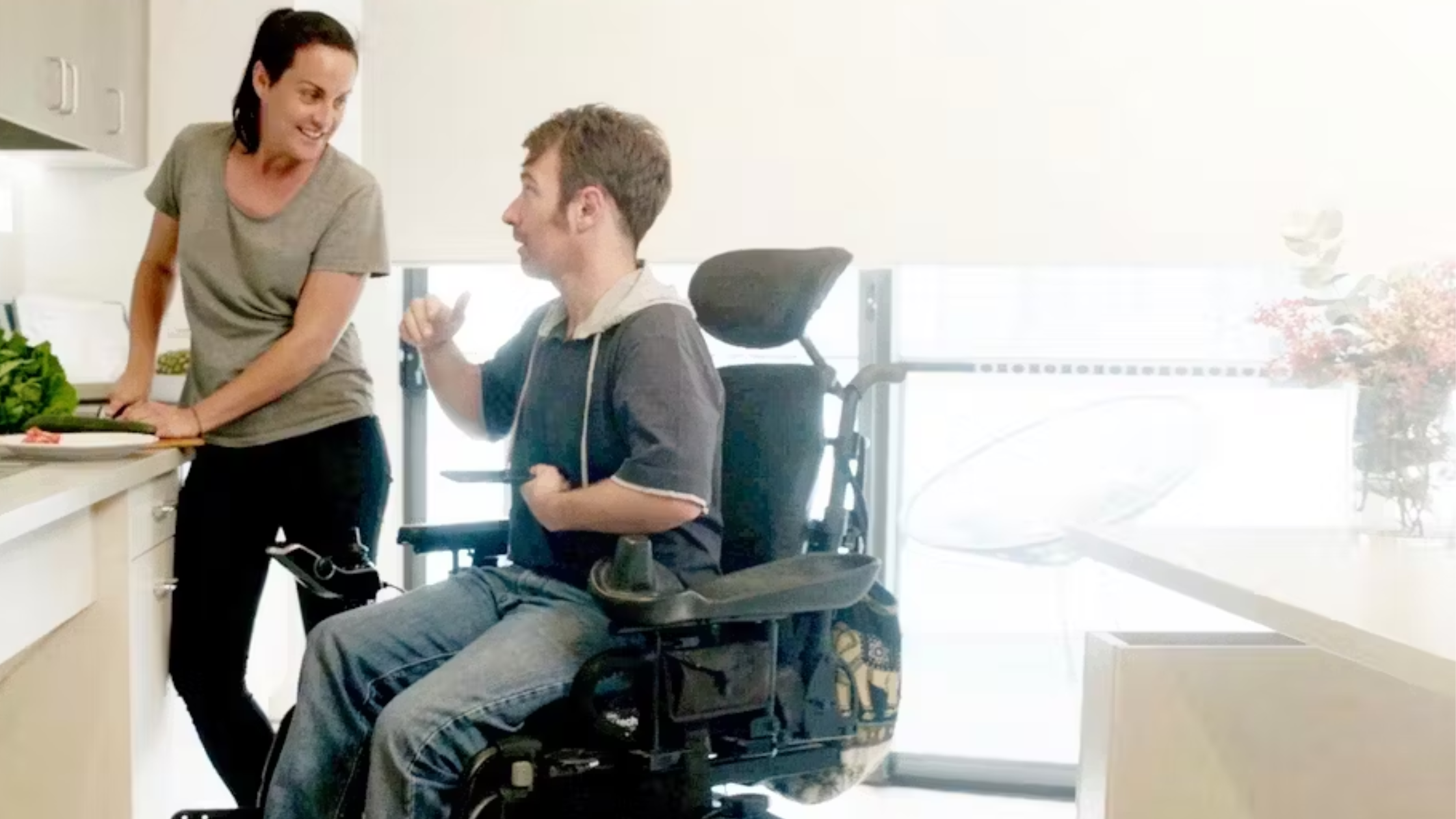
The Benefits of Respite Care for Carers and Loved Ones in Australia
Caring for a loved one—whether a family member with a disability, an ageing parent, or someone with ongoing health needs—is one of the most compassionate roles a person can take on. But it can also be exhausting, both emotionally and physically. That’s where respite care steps in—not just as a service, but as a support system for both carers and those they look after.
In Australia, respite care has become an essential part of the broader disability and aged care support network. It provides a short-term break for carers, giving them time to rest, recharge, or simply attend to other areas of life. Meanwhile, their loved ones continue receiving the support they need in a safe and professional environment.
Let’s explore the many benefits of respite care in Australia—for carers, loved ones, and the community at large.
What is Respite Care?
Respite care offers temporary support for individuals who require assistance with daily tasks due to disability, age, or illness. This care can be provided in-home, at a community centre, or in a specialised facility.
The goal is twofold:
- To give respite carers a break from their responsibilities.
- To ensure the person receiving care continues to get quality attention from trained professionals.
Whether it’s for a few hours, a weekend, or longer, respite care can be tailored to meet the needs of each individual family.
1. Supporting the Mental Health of Carers
Caring full-time can lead to burnout, anxiety, or even depression—especially when carers feel they cannot take time for themselves. Respite care provides that much-needed breathing space.
With services like respite care Adelaide has to offer, carers can take time to:
- Attend personal appointments
- Rest and catch up on sleep
- Socialise or take part in recreational activities
- Travel or take a short holiday
By allowing for emotional and physical recovery, respite services enable carers to continue their roles in a sustainable way.
2. Maintaining Quality of Care
One of the most overlooked truths about caregiving is that tired carers may unintentionally compromise the quality of support they provide. Regular breaks through respite care ensure that carers can come back refreshed, motivated, and emotionally recharged.
This not only benefits carers, but also significantly improves the experience and outcomes for the person receiving care. A well-rested carer is more patient, focused, and empathetic.
3. Building Independence and Social Skills for Participants
Respite care isn’t just about giving the carer time off—it’s also about providing positive experiences for the person being cared for.
In structured respite settings, participants often:
- Engage with new people
- Develop social confidence
- Take part in skill-building activities
- Experience a change of scenery
Especially for individuals living with disability, a change in routine and environment can promote mental stimulation and emotional wellbeing.
4. Access to Professional, Trained Support Workers
In Australia, respite carers are trained professionals who understand the physical and emotional needs of individuals with disabilities, chronic illnesses, or age-related conditions. This ensures your loved one continues receiving expert care in your absence.
Providers like those offering respite care in Adelaide focus on matching participants with support workers who are not only qualified but also compassionate and engaging.
Many providers, including NDIS-registered services, offer flexibility in choosing the type of support that best suits your family.
5. Enhancing Relationships Within the Family
Caring responsibilities can place stress on family dynamics. Parents might feel overwhelmed, siblings may struggle with attention imbalances, and couples might experience strain due to constant responsibilities.
Respite care allows families to:
- Reset emotionally
- Spend quality time with other family members
- Strengthen relationships through shared relief and renewed energy
It also reassures families that needing a break doesn’t mean they’re failing—it means they’re human.
6. Flexible Options Tailored to Your Needs
One of the best aspects of respite care in Australia is the variety of available options. Depending on your specific needs and funding, you can access:
- In-home respite care – Where a professional visits your home for a few hours or days.
- Community-based respite – Conducted in local centres with activities and peer engagement.
- Residential respite – Where your loved one stays in a facility with 24/7 care.
- Emergency respite – For unforeseen circumstances or urgent needs.
Services can be arranged for planned breaks or urgent needs, making them adaptable and highly supportive.
7. NDIS and Respite Care: What You Should Know
For families supported by the NDIS, respite care can be funded under categories like “Short Term Accommodation and Assistance.” The NDIS acknowledges that carers also need support and offers funding to help participants access alternate care while the primary carer takes a break.
If you’re unsure whether you or your loved one is eligible for funded respite services, speaking with a local support coordinator is a great place to start.
8. Is It Time to Consider Respite Care?
Many carers wait until they’re overwhelmed to seek help. But respite care should not be a last resort—it should be part of a regular self-care routine for carers.
Here are a few signs that it might be time to consider respite care:
- You feel physically or emotionally drained
- You’re neglecting your own health and wellbeing
- You’re experiencing frequent stress, frustration, or guilt
- Your loved one could benefit from social interaction or a new environment
Recognising these signs early can lead to better outcomes for both you and your loved one.
Final Thoughts
Choosing respite care doesn’t mean giving up your responsibilities—it means recognising your own humanity. It allows you to be a better carer by giving yourself the care you need first.
Whether you’re in a metro area like Adelaide or a rural part of Australia, quality respite care services are within reach. It starts with a conversation, a plan, and a little willingness to ask for help.
At the end of the day, caring for someone means also caring for yourself.
Care To Support: Here When You Need a Break
As a trusted provider of respite care in Adelaide and beyond, Care To Support is committed to helping carers and their loved ones live with balance, dignity, and support.
We’re here when you need us—because everyone deserves a break.
Recent Posts
- All Posts
- Blog







